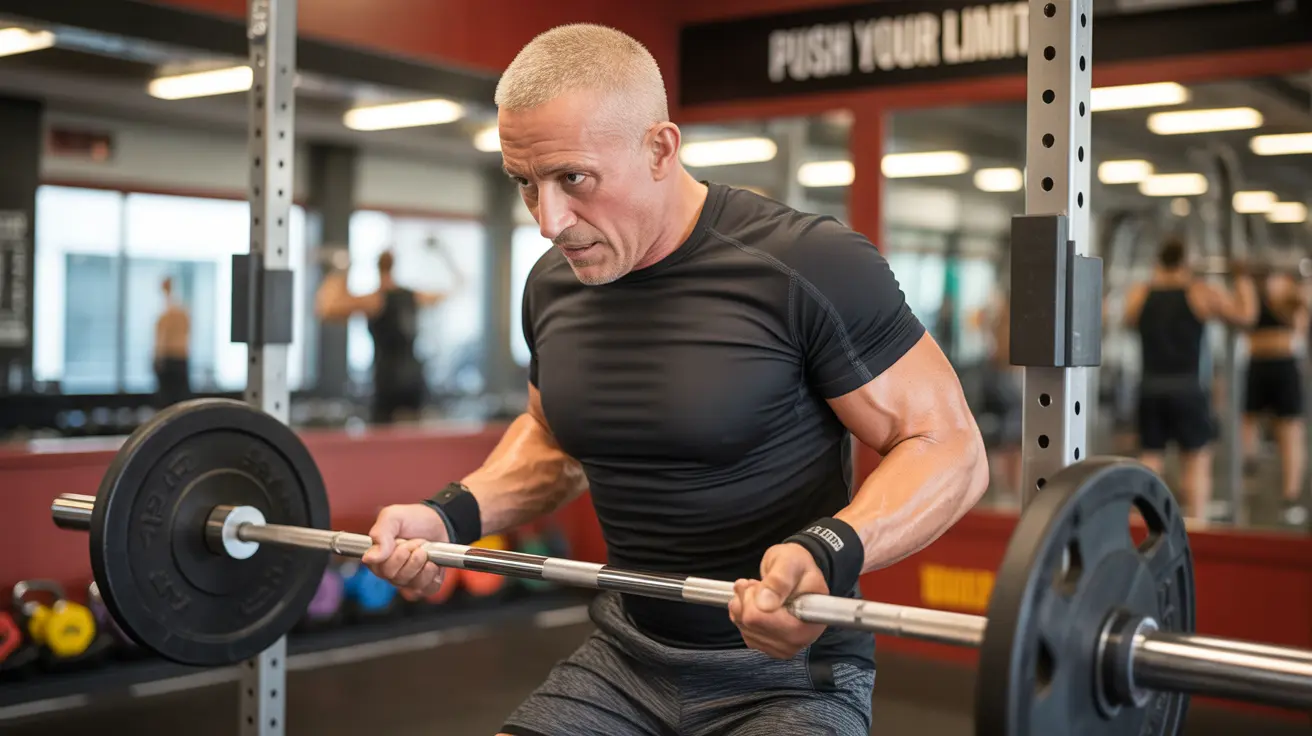Testosterone, the primary male sex hormone, plays a crucial role in various bodily functions, including muscle mass, bone density, libido, and overall well-being. As men age, testosterone levels naturally decline, leading many to seek ways to boost their levels. This article explores effective, natural methods to increase testosterone, the impact of lifestyle choices, and when to consider seeking medical help.
Understanding how to increase testosterone safely and naturally is essential for maintaining optimal health and vitality. We'll delve into the most effective strategies, from dietary changes to exercise routines, and discuss the potential benefits and risks associated with testosterone-boosting supplements.
The Role of Diet and Nutrition in Testosterone Production
What you eat plays a significant role in hormone production, including testosterone. A balanced diet rich in specific nutrients can help optimize your body's natural testosterone production.
Key Nutrients for Testosterone Support
Several nutrients are particularly important for maintaining healthy testosterone levels:
- Zinc: Found in oysters, beef, and pumpkin seeds
- Vitamin D: Obtained through sunlight exposure and fatty fish
- Healthy fats: Including those from avocados, nuts, and olive oil
- Protein: Essential for muscle building and hormone production
Incorporating these nutrients into your diet can provide a foundation for healthy testosterone levels. Additionally, maintaining a healthy weight is crucial, as excess body fat can lead to increased estrogen production, which can suppress testosterone.
Exercise and Lifestyle Changes to Boost Testosterone
Regular physical activity, particularly certain types of exercise, can have a significant impact on testosterone levels.
Effective Exercises for Testosterone
Consider incorporating these exercises into your routine:
- Resistance training: Weightlifting and bodyweight exercises
- High-Intensity Interval Training (HIIT)
- Compound movements like squats, deadlifts, and bench presses
These exercises not only help boost testosterone but also contribute to overall fitness and muscle mass, creating a positive feedback loop for hormone production.
Lifestyle Factors That Influence Testosterone
Beyond diet and exercise, several lifestyle factors can affect testosterone levels:
- Sleep: Aim for 7-9 hours of quality sleep per night
- Stress management: Chronic stress can lower testosterone levels
- Limiting alcohol consumption: Excessive drinking can negatively impact hormone production
Making positive changes in these areas can help support healthy testosterone levels and overall well-being.
Natural Supplements for Testosterone Support
While a healthy diet should be the primary focus, certain supplements may help support testosterone levels. However, it's crucial to approach supplementation cautiously and consult with a healthcare provider before starting any new regimen.
Potentially Beneficial Supplements
Some supplements that have shown promise in supporting testosterone levels include:
- D-Aspartic Acid
- Fenugreek
- Ashwagandha
- DHEA (Dehydroepiandrosterone)
It's important to note that the effectiveness of these supplements can vary, and they may not be suitable for everyone. Always prioritize natural methods and consult a healthcare professional before taking any supplements.
Recognizing Low Testosterone Symptoms
Understanding the signs of low testosterone is crucial for determining when to seek medical help. Common symptoms include:
- Decreased libido
- Erectile dysfunction
- Fatigue and low energy levels
- Reduced muscle mass and increased body fat
- Mood changes, including irritability or depression
- Difficulty concentrating
If you're experiencing multiple symptoms, especially if they're impacting your quality of life, it's advisable to consult with a healthcare provider for proper evaluation and potential treatment options.
Frequently Asked Questions
What are the most effective natural ways to increase testosterone levels?
The most effective natural ways to increase testosterone levels include engaging in regular resistance training and high-intensity interval training, maintaining a balanced diet rich in zinc, vitamin D, and healthy fats, getting adequate sleep (7-9 hours per night), managing stress levels, and maintaining a healthy body weight.
How does diet and nutrition impact testosterone production?
Diet and nutrition significantly impact testosterone production. Consuming adequate protein, healthy fats, and micronutrients like zinc and vitamin D can support optimal testosterone levels. Conversely, a diet high in processed foods, sugar, and unhealthy fats can negatively affect hormone production. Maintaining a healthy weight is also crucial, as excess body fat can lead to increased estrogen production, which can suppress testosterone.
Are there any specific supplements that can help boost testosterone safely?
While some supplements may help support testosterone levels, their effectiveness can vary, and they should be used cautiously. Potentially beneficial supplements include D-Aspartic Acid, Fenugreek, Ashwagandha, and DHEA. However, it's crucial to consult with a healthcare provider before starting any supplement regimen, as they may not be suitable for everyone and can have side effects or interactions with other medications.
What are the common symptoms of low testosterone, and when should I seek medical help?
Common symptoms of low testosterone include decreased libido, erectile dysfunction, fatigue, reduced muscle mass, increased body fat, mood changes, and difficulty concentrating. If you're experiencing multiple symptoms that are impacting your quality of life, it's advisable to seek medical help. A healthcare provider can conduct proper testing and determine if testosterone replacement therapy or other treatments are necessary.
How can regular exercise and lifestyle changes help prevent natural age-related decline in testosterone?
Regular exercise, particularly resistance training and high-intensity interval training, can help stimulate testosterone production and slow its natural decline with age. These exercises also help maintain muscle mass and reduce body fat, both of which are beneficial for testosterone levels. Additionally, lifestyle changes such as improving sleep quality, managing stress, and maintaining a healthy diet can all contribute to healthier testosterone levels as you age. Consistency in these practices can help mitigate the natural age-related decline in testosterone production.




